Vegan Meals: Embarking on a vegan journey can be transformative, not just for your health, but for the planet as well. Yet, one of the most common concerns about adopting a vegan diet is protein intake. The good news is that getting enough protein on a vegan diet is easier than many people think.
Plants can provide all the essential amino acids your body needs, and with a little knowledge and planning, you can achieve a balanced diet that supports all your nutritional needs. Let’s dive into how you can meet your protein requirements while enjoying a rich and varied vegan diet.
Understanding Protein and Its Importance
Protein is an essential macronutrient composed of amino acids, the fundamental building blocks for the body’s tissues. It is vital in various bodily functions, including muscle repair, hormone production, enzyme function, and immune system support.
Since our bodies cannot produce all the amino acids required for optimal health, obtaining these essential amino acids through our diet is crucial. This can be achieved by consuming various protein sources, categorized into complete proteins (which contain all essential amino acids, typically found in animal products) and incomplete proteins (which lack one or more essential amino acids, often found in plant-based foods).
Adequate protein in your diet is important for maintaining muscle mass, especially as you age. It can also help with weight management by promoting satiety. Ensuring a balanced protein intake is fundamental for overall health and well-being.
The Myth of Incomplete Plant Proteins
The idea that plant proteins are ‘incomplete’ arises from the observation that many plant sources lack sufficient amounts of one or more essential amino acids compared to animal products. Nevertheless, this should not be a cause for concern. Consuming diverse plant foods throughout the day can quickly meet your body’s needs for all essential amino acids.
Combining plant protein sources such as legumes, grains, nuts, and seeds can ensure a well-rounded intake that provides all the amino acids necessary for optimal health. Therefore, a varied plant-based diet (vegan meals) can effectively supply the essential amino acids required for a balanced diet.
The Ultimate Vegan Meals & Protein List: Foods That Deliver Nutrition and Taste
Let’s explore some of the best sources of protein available in vegan meals / vegan diet:
Legumes: Beans, Lentils, and Peas
Legumes are protein-rich and a great source of fiber and iron. Black beans, chickpeas, lentils, and peas can be added to salads, soups, and stews to enhance protein content.
- Chickpeas: Approximately 15 grams of protein per cup (cooked).
- Lentils: Around 18 grams of protein per cup (cooked).
Whole Grains: Quinoa and Brown Rice
Quinoa is often highlighted as a ‘superfood’ for its high protein content and all nine essential amino acids. Brown rice, while lower in protein, can complement other proteins in dishes like stir-fries and burritos.
- Quinoa: 8 grams of protein per cup (cooked).
- Brown Rice: 5 grams of protein per cup (cooked).
Nuts and Seeds: Almonds, Chia, and Hemp Seeds
Nuts and seeds are nutritional powerhouses, offering healthy fats, protein, and various essential micronutrients. They can be enjoyed as snacks or added to smoothies and salads for a protein boost.
- Almonds: 7 grams per ounce.
- Hemp Seeds: 10 grams of protein per ounce.
Soy Products: Tofu, Tempeh, and Edamame
Soybeans are a complete protein source and versatile in many dishes. Tofu can be marinated and used in various culinary styles, while tempeh makes for a meaty texture in vegan recipes.
- Tofu: About 20 grams of protein per cup (firm tofu, pressed).
- Tempeh: Around 31 grams per cup.
Understanding Daily Protein Needs
Protein is a fundamental nutrient necessary for the building, maintaining, and repairing tissues in the body. It can also be a source of energy when carbohydrates are not available. A protein molecule is composed of amino acids, crucial elements that are the building blocks of life.
Factors Influencing Protein Requirements
The amount of protein a person needs can vary significantly depending on several factors:
- Age: Protein needs generally decrease with age, but older adults need more to combat muscle loss.
- Gender: Men often require more protein than women due to higher muscle mass.
- Body Size: Larger individuals require more protein to sustain their greater muscle mass and overall tissue requirements.
- Activity Level: Active individuals, especially those who engage in vigorous physical activities or bodybuilding, need more protein to repair and grow muscle tissue.
General Guidelines
For most adults, the recommended dietary allowance (RDA) for protein is about 0.8 grams per kilogram of body weight per day. For instance, a person weighing approximately 68 kilograms (150 pounds) would require around 54 grams of protein daily. However, these needs can increase to 1.2 to 2.0 grams per kilogram for athletes and those doing heavy resistance training.
Incorporating Proteins into Daily Vegan Meals
Adopting a vegan diet doesn’t mean sacrificing protein intake. There are abundant sources of plant-based proteins that can meet and exceed your dietary needs. The key to a successful vegan diet is variety and planning—ensuring you consume various proteins to meet your nutritional needs.
Breakfast Options
Smoothie with Hemp Seeds: Start your day with a power-packed smoothie. Combine bananas for a quick energy boost, mixed berries for antioxidants, spinach for iron and folate, and a tablespoon of hemp seeds for a healthy dose of protein and essential fatty acids. This drink is filling and nutritious and can kickstart your metabolism.
Tofu Scramble: A tofu scramble can be a fantastic choice for a savory breakfast. Use firm tofu as the base, crumble it in a pan, and add turmeric for color and black salt (kala namak) for a sulfuric, egg-like taste. Serve with whole-grain toast for a balanced meal of complex carbs and protein, perfect for sustained energy throughout the morning.
Lunch Selections
Chickpea Salad: Chickpeas are a versatile protein source. Mix them with colorful vegetables, such as red bell peppers, cucumbers, and carrots. Dress with tahini, made from sesame seeds, adding a creamy texture and protein to your salad.
Lentil Soup: Ideal for colder days, lentil soup is comforting and nutritious. Lentils are a powerhouse of protein and fiber, and when cooked with vegetables and spices, they create a fulfilling meal that restores energy without feeling too heavy.
Dinner Delights
Tempeh Stir-Fry: Tempeh, made from fermented soybeans, provides a textured, nutty meal flavor. Stir-fry tempeh with broccoli and bell peppers in a light soy sauce. Serve this overcooked quinoa, a complete protein grain, for a meal rich in proteins and essential amino acids.
Black Bean Tacos: Black beans are a primary protein source. Serve mashed or whole beans in corn tortillas with toppings like guacamole, salsa, and lettuce. This delicious meal packs a protein punch with the beans and provides healthy fats from the avocado in the guacamole.
Snack Ideas
Roasted Almonds: Almonds are an excellent snack for protein and healthy fats. A small handful can help curb hunger between meals and provide a good amount of magnesium, which is beneficial for muscle recovery and relaxation.
Edamame Pods: These young soybeans are fun to eat and simple to prepare. Boil or steam them and sprinkle them with sea salt. They’re rich in protein and fiber, making them a perfect snack for an energy boost.
Vegan Meals: Rich Sources You Should Be Eating Now – Common Concerns
Is soy safe to consume?
Soy has been controversial due to myths about its phytoestrogen content. However, extensive research has shown that soy is safe and beneficial, improving heart health and potentially reducing the risk of certain cancers.
Will I get enough protein?
As demonstrated, there are plenty of high-protein vegan options. Meeting your daily protein requirement is straightforward if you plan meals and ensure a variety of protein sources.
Conclusion
Adopting a vegan lifestyle and vegan meals does not mean sacrificing protein or flavor. With a wide array of plant-based proteins available, meeting your protein needs is not only possible but also enjoyable.
Eating various foods (vegan meals) throughout the day ensures you get all the essential amino acids your body needs, promoting a healthy and sustainable lifestyle. So, embrace the abundance of plant-based foods and discover the joys and benefits of vegan eating.
Meeting your daily protein requirements as a vegan is achievable with a diverse diet and thoughtful meal planning. By incorporating various plant-based protein sources into your meals and snacks, you can ensure you receive all the necessary nutrients to support your body’s needs.
Whether you’re an athlete requiring higher protein or simply looking to maintain your health, a well-rounded vegan diet can effectively accommodate your lifestyle.
These dietary habits support physical health and align with a sustainable lifestyle that reduces environmental impact and promotes animal welfare.
As more individuals embrace plant-based diets, the variety and availability of vegan protein sources continue to expand, making it easier than ever to enjoy nutritious and delicious meals that fuel the body and soul.
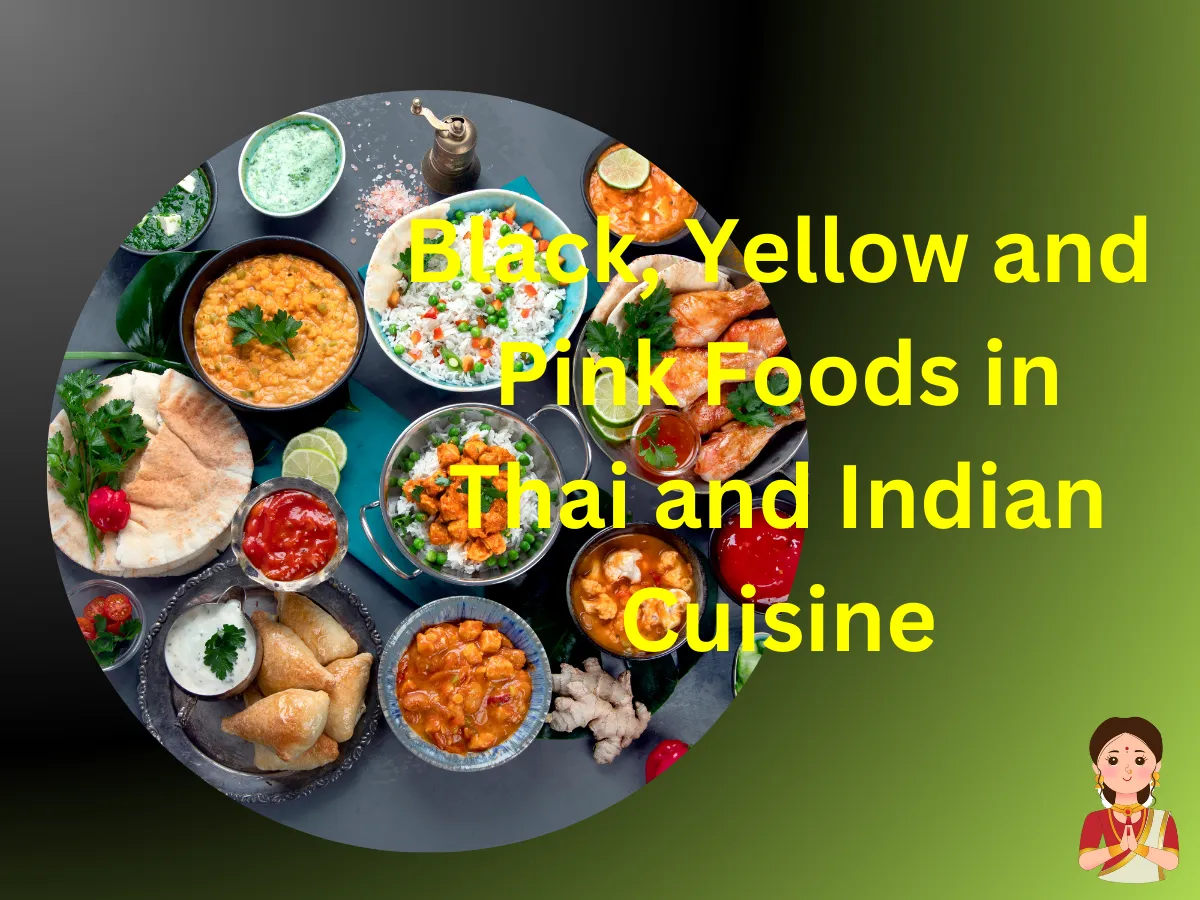
Yellow and Pink Foods: Unusual Delights for Your Taste
Must-Try Yellow and Pink Foods That'll Surprise Your Taste Buds
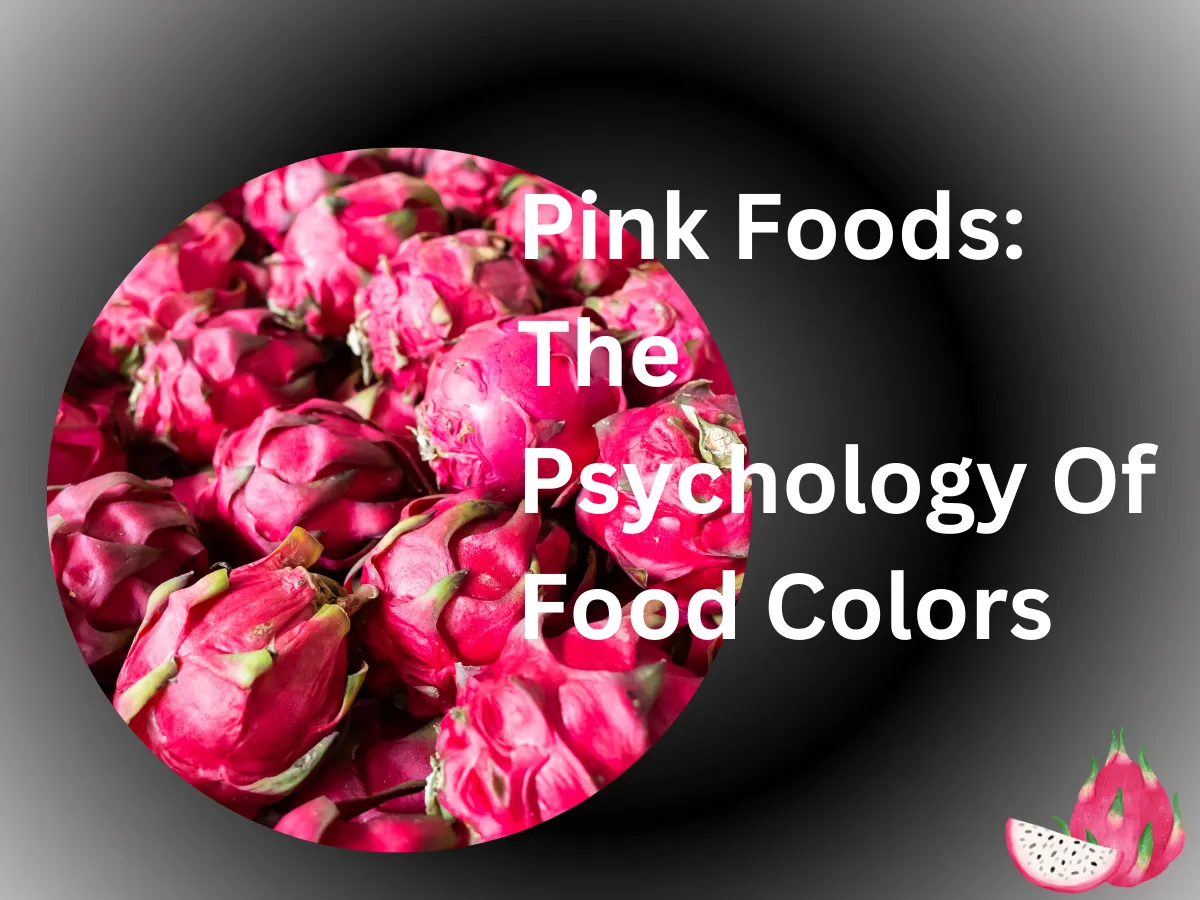
Pink Foods: Know The Psychology Of Food Colors
Discover the Mind-Blowing Psychology Behind Pink Foods - You Won't Believe !!!
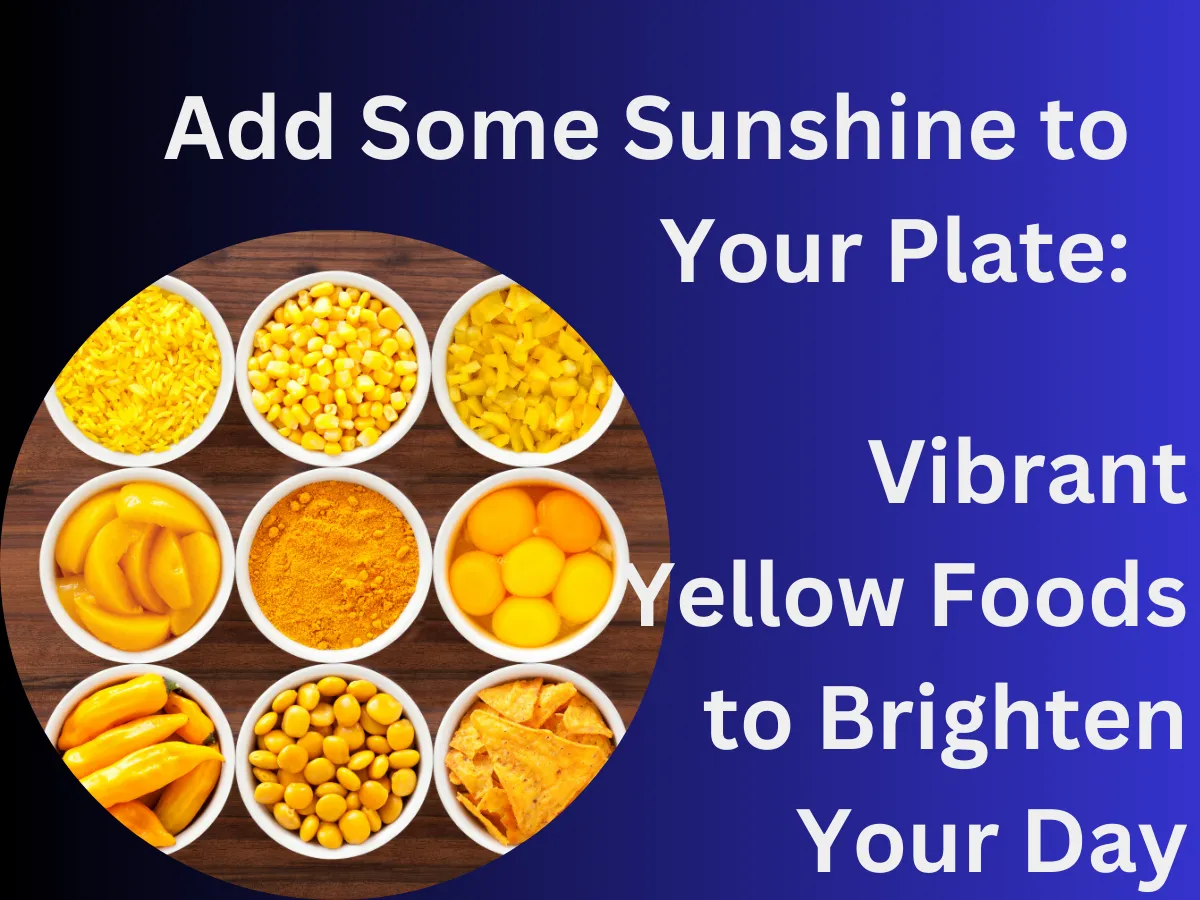
5 Yellow Foods That Will Brighten Up Your Plate
Yellow Foods That Will Make Your Plate Shine Like Never Before!
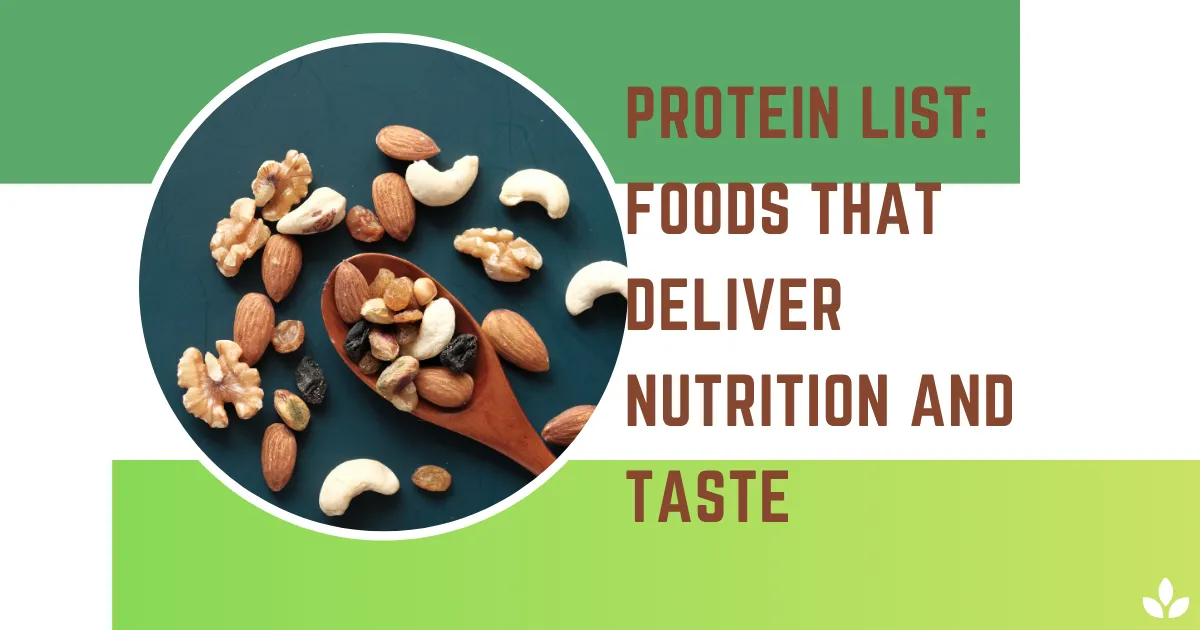
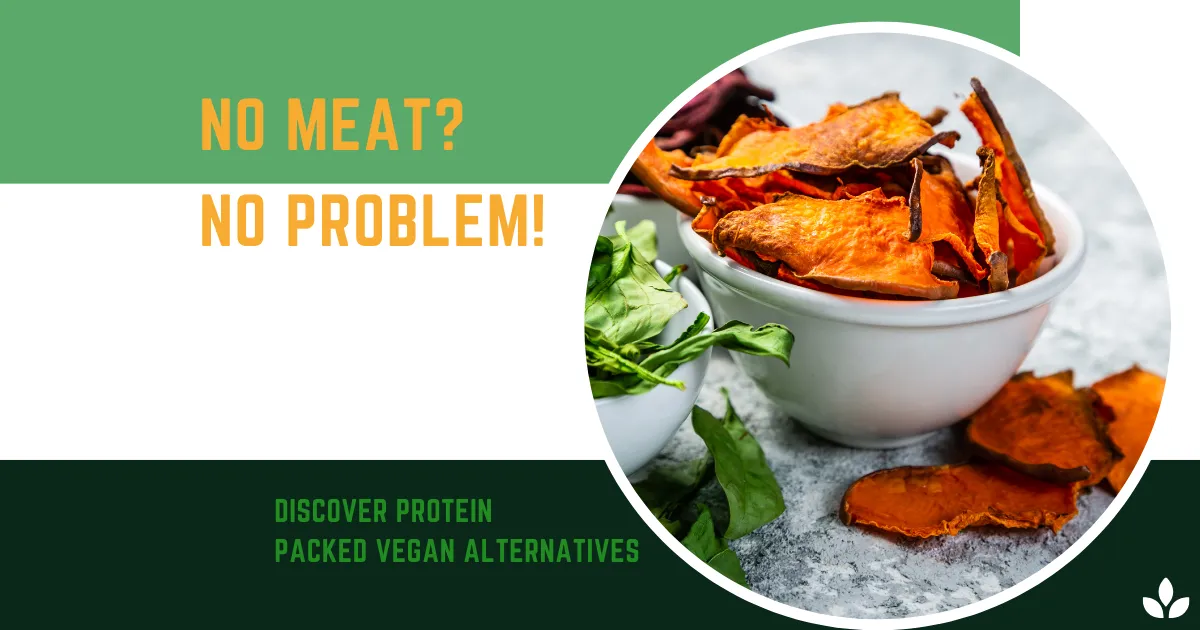


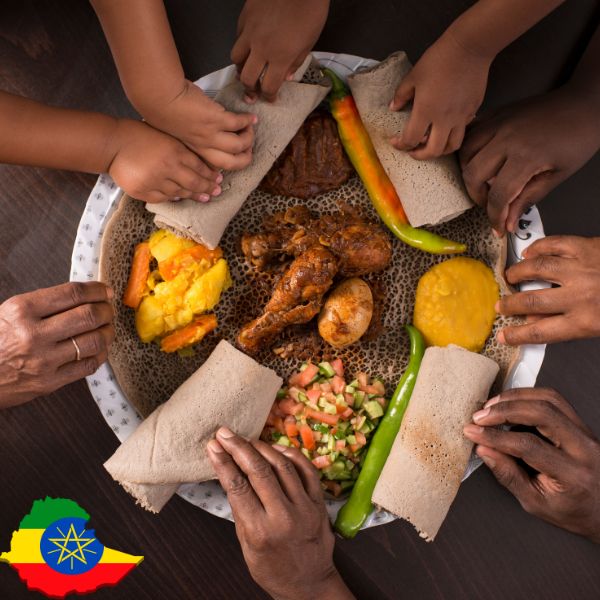


April 27, 2024 at 5:40 am[…] Fats: Healthy fats are vital for hormonal balance, including testosterone production, which is crucial for muscle growth. Around 20-30% of your daily calories should come from fats, focusing on sources like avocados, nuts, seeds, and oils. […]
June 7, 2024 at 4:45 pm[…] foods, such as cereals and energy bars with added vitamins and […]
October 16, 2024 at 6:53 am[…] Fiber can help you stay up and even get fitter. It enables you to save more fuel for quite some time and gives you plenty of vitality. You can get fiber by eating oats, grains, quinoa, and whole wheat bread. […]
November 12, 2024 at 8:04 am[…] Foods: Fiber-rich foods like fruits, vegetables, and whole grains can help you feel […]